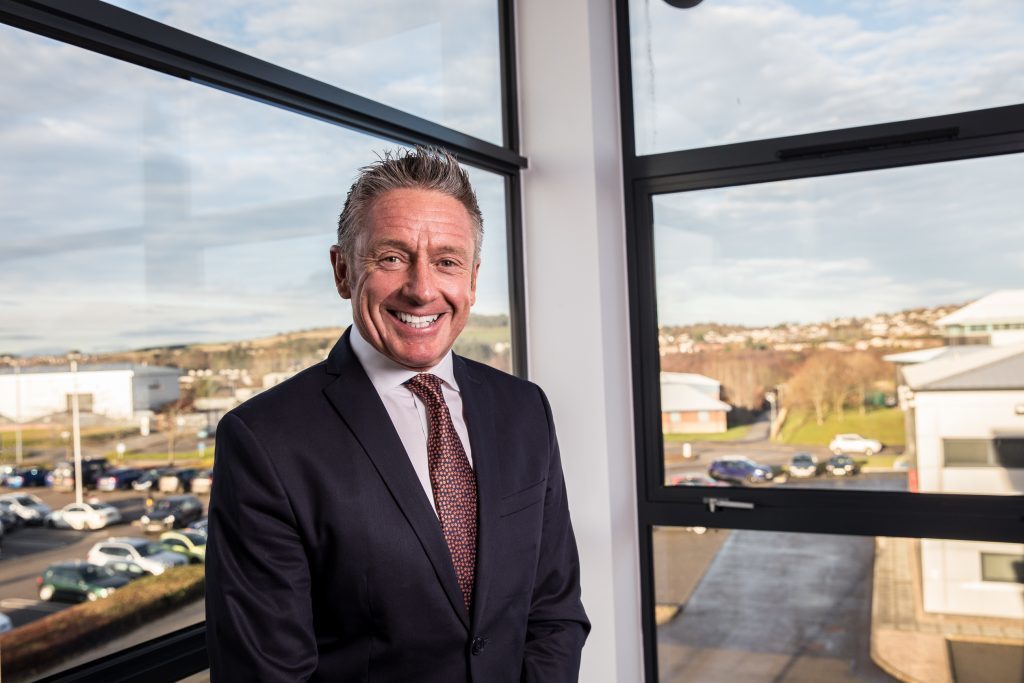
A new remotely operated vehicle (ROV) specialist, M2 Subsea, will go hunting for unexploded wartime bombs under its first contract.
The 90-day project is worth more than £1million and will see the Aberdeenshire company supply the Go Electra multipurpose support vessel, ROVs and people to support survey work on the world’s longest subsea pipeline system.
M2 Subsea was sub-contracted by London-based geoscience and engineering service company Next Geosolutions to deliver the campaign in the Baltic Sea.
The work will be carried out in an area noted for munitions discoveries following the end of World War II.
M2 Subsea has signed its first charter agreement for Go Electra, which recently completed its inaugural five-year class inspection.
Next Geosolutions was appointed to undertake unexploded ordnance (UXO) identification surveys around Nord Stream 2, an extension of a 773-mile, twin offshore pipeline system running from Russia to Germany.
The task was subcontracted to M2 Subsea, which will run the project from its Westhill headquarters.
Go Electra will be deployed from Hanko, Finland, while 15 M2 Subsea workers will carry out the UXO identification work using two ROVs from the firm’s 28-strong fleet.
M2 Subsea chief executive Mike Arnold said: “This contract award from Next Geosolutions is great for the business and a significant scope of work for us to win.
“It highlights both our personnel and asset capabilities to negotiate what is a very challenging subsea environment.
“Safety is a key factor on every project, and in particular where it involves surveying the seabed to identify undiscovered explosive devices for removal.”
He added: “We are very pleased to have chartered the Go Electra, which is a highly specialised vessel for subsea inspection, repair and maintenance work and ideal for supporting the conditions the team and ROVs face in the Baltic.”
M2 – founded by Mr Arnold, Mark Corley, Mark Wood and Mike Winstanley – secured a multimillion-pound investment from private-equity firm Alchemy Special Opportunities late last year.
The cash injection allowed the firm to acquire a fleet of ROVs from failed oilfield services and inspection repair and maintenance company Harkand Group.
The fledgling remote intervention specialist, along with its 30-strong workforce, moved into Cumberland House at Arnhall Business Park, Westhill, earlier this year.
At the time, it said it expected to have hired 50 onshore and 100 offshore staff by the end of 2017.
Bosses are aiming for the company to become one of the largest independent providers of ROV services globally.